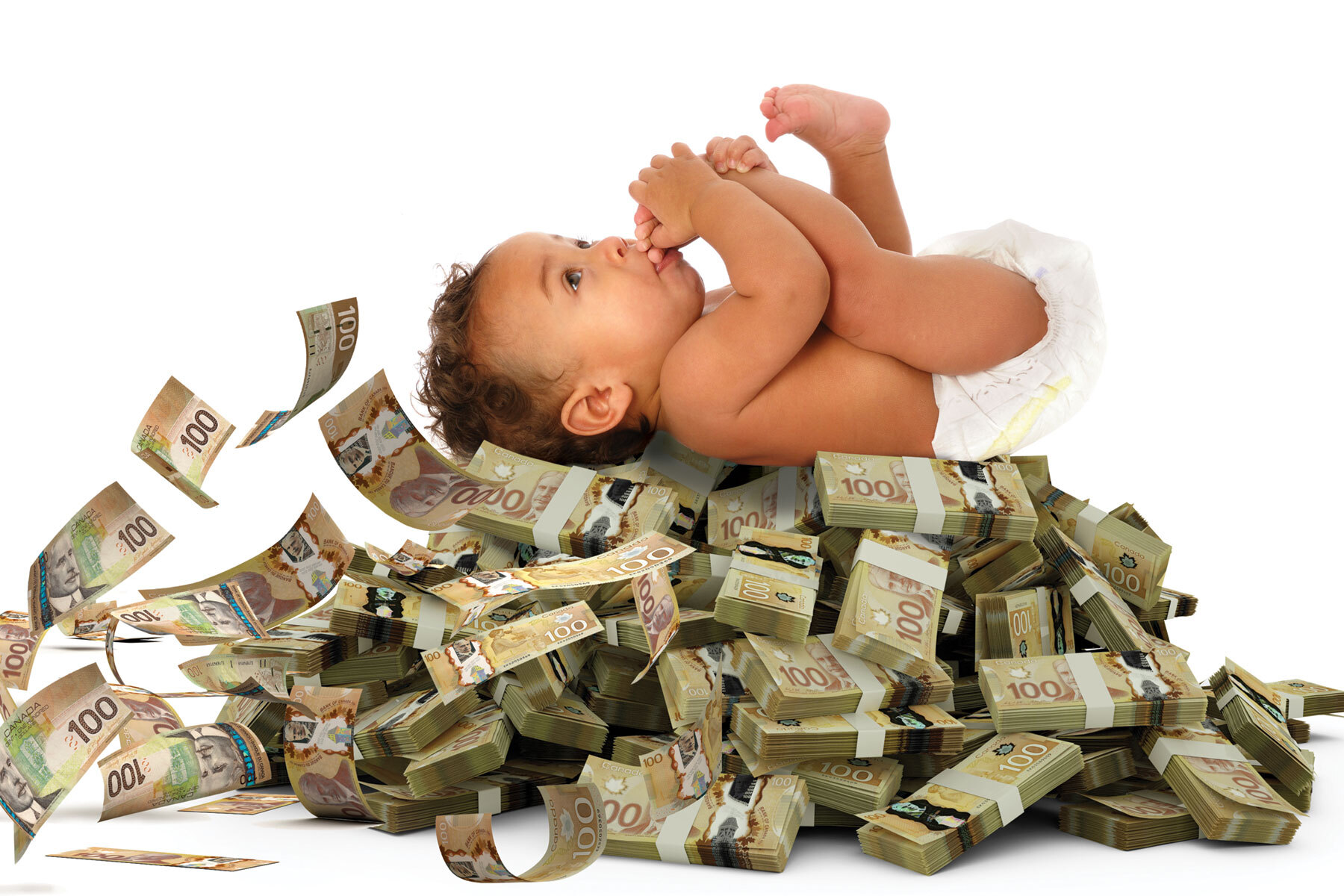When the sun sets over Las Vegas, Nicole Williams gets to work, serving drinks from behind the bar of an opulent hotel on the city's infamous strip. But life for Ms Williams, 45, and other service-industry workers who form the quiet backbone of Vegas's booming economy, is far from luxurious. "When you're shopping for a big family like mine, it's rough out here," she told the BBC while shopping for groceries and taking children to appointments across town.
The mother of seven children, aged 10 months to 16, said she often fears buckling under the weight of the economy. From sky-high prices on groceries to petrol, Ms Williams said she has had to cut back on vacations as well as on football and gymnastics lessons for her kids that would force her to stretch an already strained household budget. "We haven't been able to do the things we want to do," she said.
"I want a future for my kids." She is not alone. In dozens of interviews with Las Vegans who work in vital local industries from construction and casinos to restaurants and bars, low-wage workers from across the political spectrum told the BBC that kitchen-table issues - especially unaffordable housing and costly childcare - are what will determine how they vote on 5 November.
It's these voters that Donald Trump and Vice-President Kamala Harris hope to win over in Nevada, a hotly contested battleground state in which the two remain neck-and-neck in the polls. To court low-wage workers, Harris and Trump have laid out starkly .


















